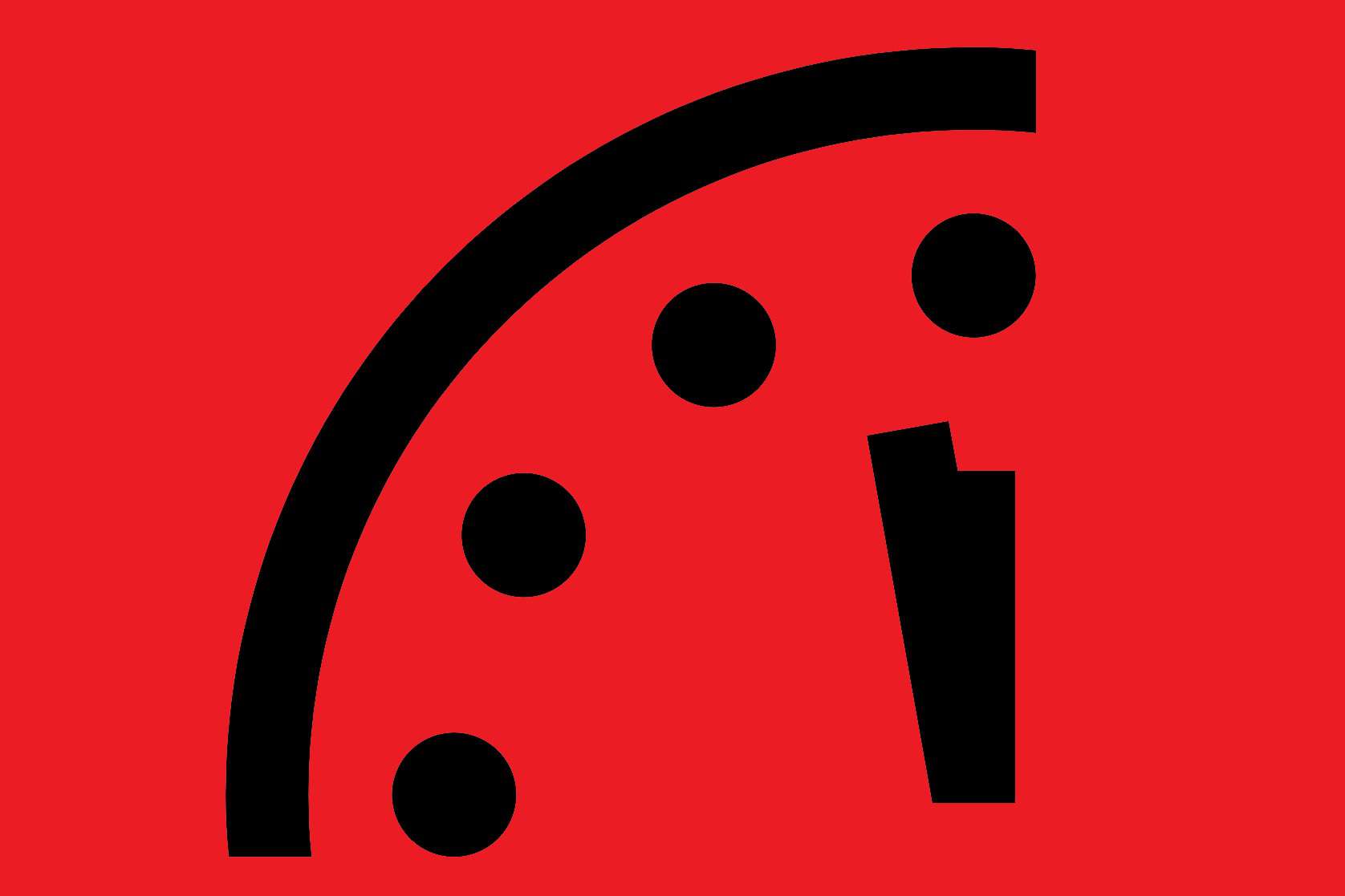For almost 75 years, the Doomsday Clock has monitored how close humankind is to global catastrophe. With the clock now closer to midnight than ever before, the science writer Rachel Brazil talks to Physics World’s Matin Durrani about how the clock is set by the Bulletin of the Atomic Scientists and how physicists can engage in public debates about the challenges facing civilization.
Space travel is one challenge that humans have overcome, and we could soon embark on a second era of exploration that culminates in the colonization of the Moon. Lunar dust, however, could be the nemesis of Moon dwellers because the stuff gets everywhere and can damage spacesuits and other essential technologies. Xu Wang and Ben Farr of the Laboratory for Atmospheric and Space Physics at the University of Colorado Boulder join the podcast to explain how beams of electrons could help keep equipment dust free on the Moon.
The film Proxima looks at the themes of motherhood, separation, and sexism from the perspective of an astronaut who is preparing to spend a year on the International Space Station. Physics World’s Tushna Commissariat is on hand to give her impressions of the film and to chat about an interview we have done with the writer and director Alice Winocour.
